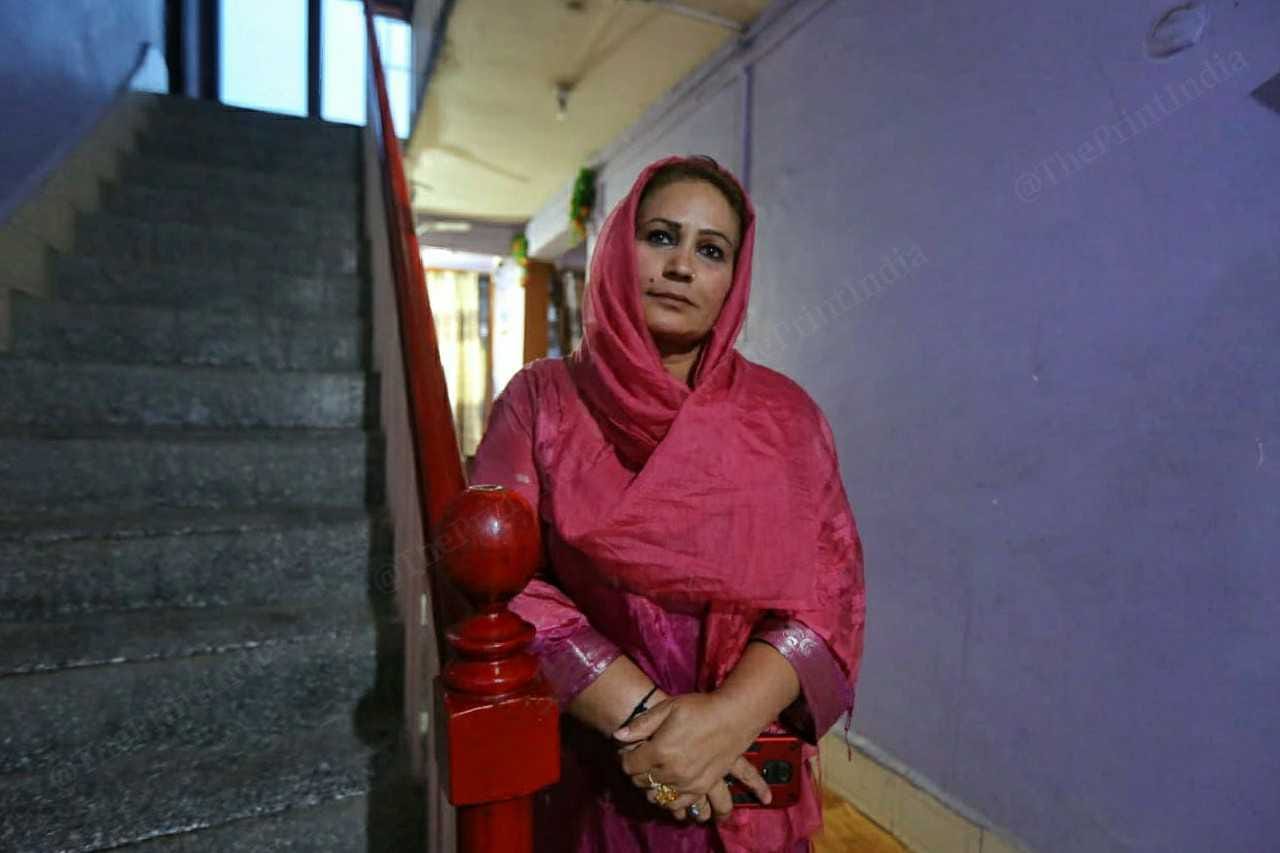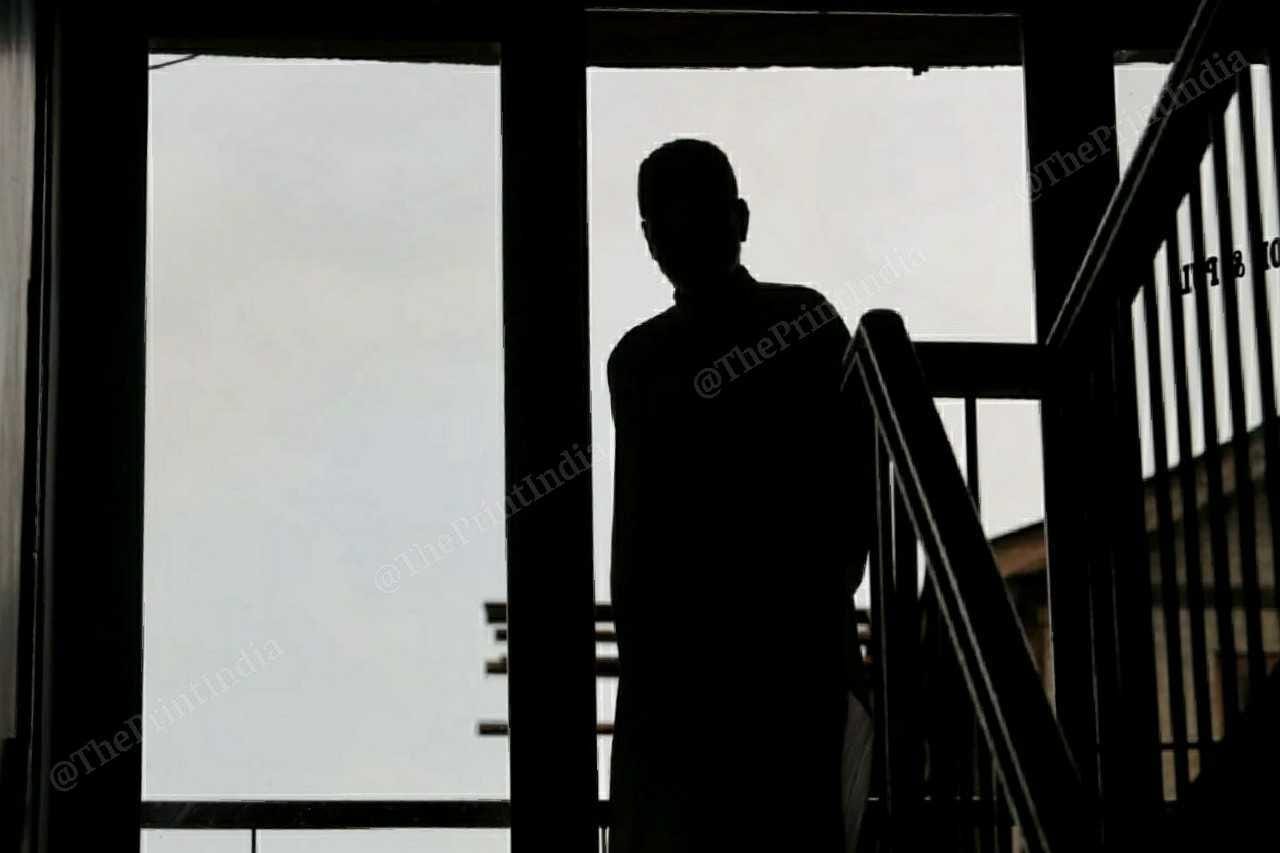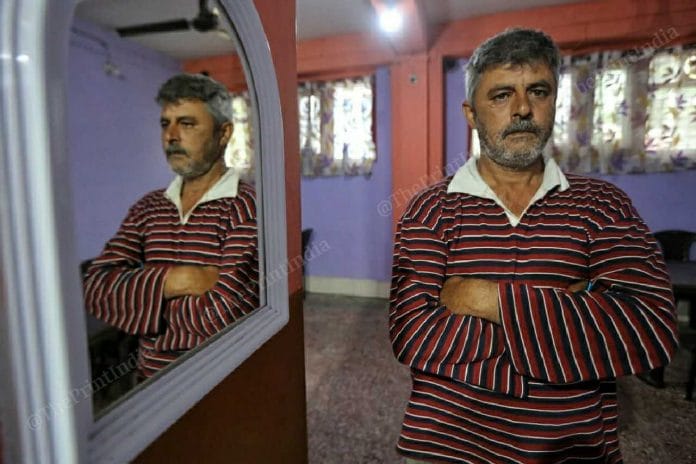Srinagar: Lack of security, slow release of funds, poor accommodation. These are only some of the concerns that the members of the Panchayat Raj Institutions (PRI), holed up inside hotels in Kashmir’s Srinagar would want to highlight when Prime Minister Narendra Modi visits Jammu and Kashmir Sunday if they are given a chance.
Modi’s visit to Jammu is scheduled for 24 April, on the occasion of Panchayati Raj Diwas. He is scheduled to interact with members of the Panchayati Raj Institutions, launch industrial investments, and inaugurate development projects.
But PRIs expect more than “just announcements” from the PM, they told ThePrint.
Many PRIs members, including sarpanch, panch, corporators, and District Development Councils (DDC) members, have been given accommodation inside hotels and lodges in Srinagar with round-the-clock security. They have to inform the local police and ask for security when they want to visit their areas for work. A police vehicle accompanies them to their respective constituencies and brings them back. Most have been living in these accommodations for over three years — since the DDC elections in 2020.
The last few years have seen a rise in attacks on panchayat representatives. According to police data, six panchayat members have been killed by militants in the last six months.
The Centre amended the Jammu and Kashmir Panchayati Raj Act, 1989, to create DDCs and form new units of governance in the J&K UT after Article 370 was read down in 2019.
Shaheen Bhatt, a corporator from Rajbagh who has been staying at a hotel in Srinagar for a month, told ThePrint that she found her security inadequate.
“I’m on the (militants’) target list but I’ve not been given proper security,” she said. “I have to stay in this dirty lodge just to ensure my family’s safety. It’s been a month since I’ve been home.”
Before elections, she said, the prime minister and the home minister promised us security if we were to contest. “That was just bait. After the elections, we were left to fend for ourselves. Who’ll ask the PM these questions,” she asked.
Bilal Ahmad Bhatt, the vice-chairman of Nowgam DDC, has been staying at a hotel for seven months now.
“We’ve risked our lives to stand for elections,” Bhatt said. “We were promised security but now there’s nothing. I am on the hit list but I listened to the PM when he said ‘stand for election, we are with you’. “Does security mean to hold us up in hotel rooms? How will we work if we keep sitting here?”
Also Read: J&K heating up before Modi visit: Attacks on rise, terrorist chatter on ‘high-grade IED blast’
‘We provide them with whatever we can’
According to police data, there are 13,761 Panchayat representatives across 10 districts in Kashmir — 11,477 panch, 1,014 sarpanch, 121 DDC chairmen, 521 municipal councillors, and 628 other members.
A senior police officer told ThePrint that it was impossible to provide them with individual security.
“For those who live closer to Srinagar, we’ve made living arrangements there. For the ones who stay far away, clusters have been made and they are asked to stay there. Those clusters have round-the-clock security,” the officer explained.
‘Clusters’ are accommodations where people from two or three districts live together.

“We provide them whatever we can. A police vehicle with security goes with them each time they have to visit their constituency but they have to return to their accommodation. Each time they step out, they have to make an entry. That is because they’re our responsibility,” he said.
Sometimes this is challenging — for instance when they sneak out of the hotels to go home. However, each time there’s an attack on a sarpanch or a councillor, these hotels accommodations are full again.
“They all come back whenever there’s an attack because they understand that this is for their own security,” he said.
‘Better accommodation, more freedom’
For those inside the hotels, conditions are far from ideal.
Majeek Naikoo, the sarpanch of Khimbar in Srinagar sat inside a cramped hotel room big enough only for a double bed covered in dirty bed linen.
“Four people stay in this room and we’re not allowed to go out, especially because of the recent spike in killings of Panchayat leaders. Look at the condition of this room, this dirty bathroom,” Naikoo said.

He admitted to sneaking out occasionally to go home.
“Did we fight the election to leave our homes and get holed up in these dirty corners? There has to be a permanent solution for this,” he said.
The accommodation is poor and the food is bad.
“Have we committed a crime by standing for the elections,” asked Shaheen Bhatt.
Work suffers as well. “The other day the headmaster called me and said that he needed signatures for the mid-day meal clearance. I couldn’t because I was holed up here. Give me security so that I can stay in my constituency and work, why keep me here?” Naikoo said.
Then there are other, more regular concerns — delayed release of development funds.
“The development work needs to pick up pace to really make a difference,” Haneef Bhatt, a corporator from Batmaloo. “I keep writing to authorities but nothing works.”
Also Read: Not just AFSPA, India must reboot counter-insurgency strategy & free Army from it
(Edited by Uttara Ramaswamy)






